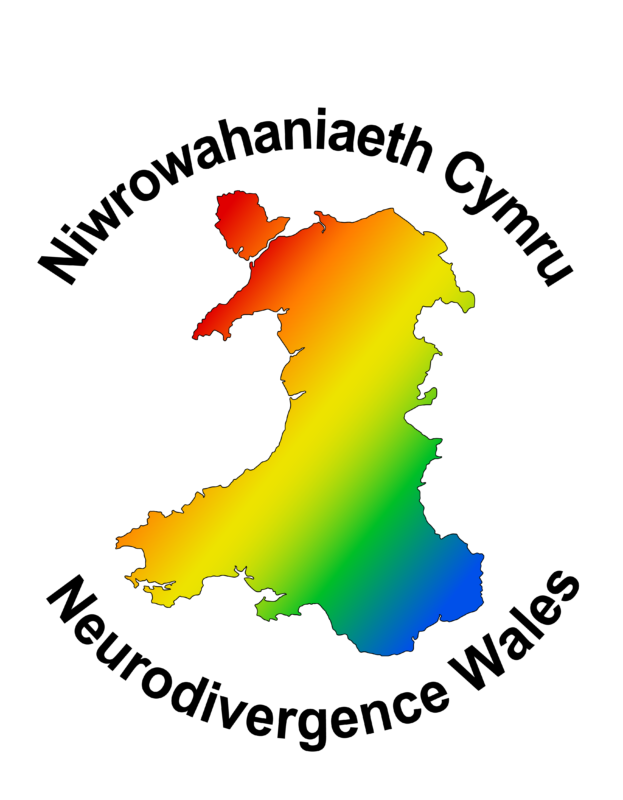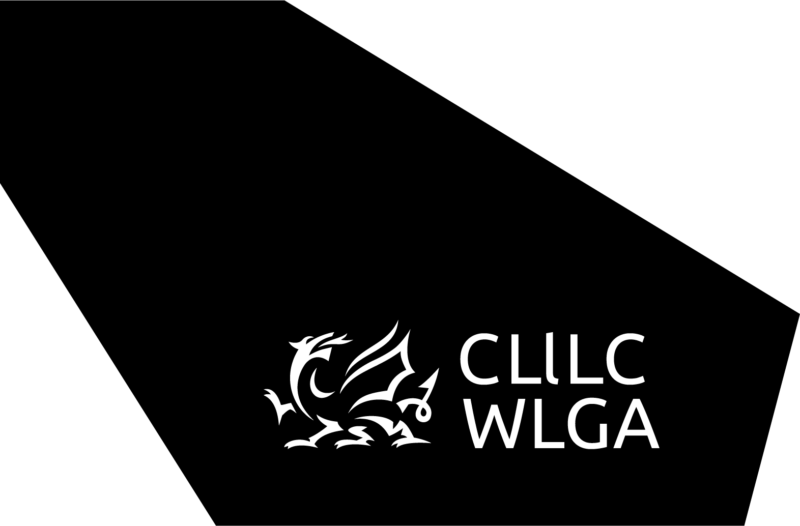A system that helps medical professionals spot the signs of autism in children has won an award for innovation.
Autism spectrum disorder (ASD) is a life-long neurodevelopmental condition usually diagnosed in early childhood. However, medical professionals can miss early signs of ASD, leading to delays in referral, diagnosis and crucial support at school and home.
A Welsh Government (WG) led consultation with parents, professionals and autistic people, facilitated by the National Autism Team established that frontline professionals need signposting information to help them to provide accurate diagnostic referral and support.
Cardiff University researchers, led by Professor Sue Leekam and Dr Catherine Jones, teamed up with Welsh Government-funded National Autism Team (formerly National ASD Development Team), hosted by the Welsh Local Government Association (WLGA), working in close partnership with Public Health Wales. The team works closely with the Welsh Government, local ASD leads within local authorities and health boards, key stakeholders and advisory groups.
Professor Sue Leekam and Dr Sarah Carrington, School of Psychology, had originally identified and published a set of essential signposting items from an assessment known as the Diagnostic Interview for Social and Communication Disorders (DISCO).
Further research conducted by the Cardiff team led to the creation of SIGNS – a way for frontline professionals to identify and understand autistic behaviours in children, where:
S = Social Interaction and verbal communication
I = Imagination
G = Gestures or non-verbal communication
N = Narrow range of interests, routines and repetitive behaviours
S = Sensory responses
The team developed two key resources that the WLGA’s National Autism Team provide to clinical and educational professionals: posters featuring the SIGNS of autism, and ‘The Birthday Party’, an 18-minute training film based on SIGNS. The success of the film has led to requests for its use in autism training across the world and translations into Spanish, Italian, Latvian and Lithuanian, led by the Cardiff University team.
The project has won the Innovation in Healthcare prize at this year’s Cardiff University Innovation and Impact Awards.
Welcoming the accolade, Prof Sue Leekam and Dr Catherine Jones said:
“We are so proud. This amazing award is a tribute to over a thousand professionals and parents whose feedback and consultation helped shape the materials we produced. We thank them and we thank our government, business, charity and university partners who worked with us across five countries. We want autism signs to be understood and responded to by every sector of society and winning this award brings us closer to that goal.”
The main features of ASD – problems with social communication and patterns of restricted and repetitive behaviour – can often be recognised during early childhood. The signs of autism show themselves in a variety of different ways and some features of ASD can be subtle and hard to recognise. The SIGNS criteria have made a valuable contribution to diagnosing autism.
Councillor Huw David (Bridgend), WLGA Spokesperson for Health and Social Care said:
“This award recognition of a genuine collaborative approach taken to raise awareness of autism among medical professionals, and I am extremely pleased of the National Autism Team’s key contribution in these efforts. It is estimated that around one person in every 100 is autistic and so it is essential that the condition is better understood among both medical professionals and society as a whole. The National Autism Team provide a range of useful resources to raise awareness of autism, and to support autistic people and those around them, and are freely available to access online at www.ASDinfoWales.co.uk .”
The Awards, on 3 June, are organised by Cardiff University Innovation Network, which has promoted business-university interactions for more than 20 years.
The Birthday Party film can be viewed here: www.autismchildsigns.com.
https://www.cardiff.ac.uk/news/view/1491549-award-for-system-that-spots-signs-of-autism


